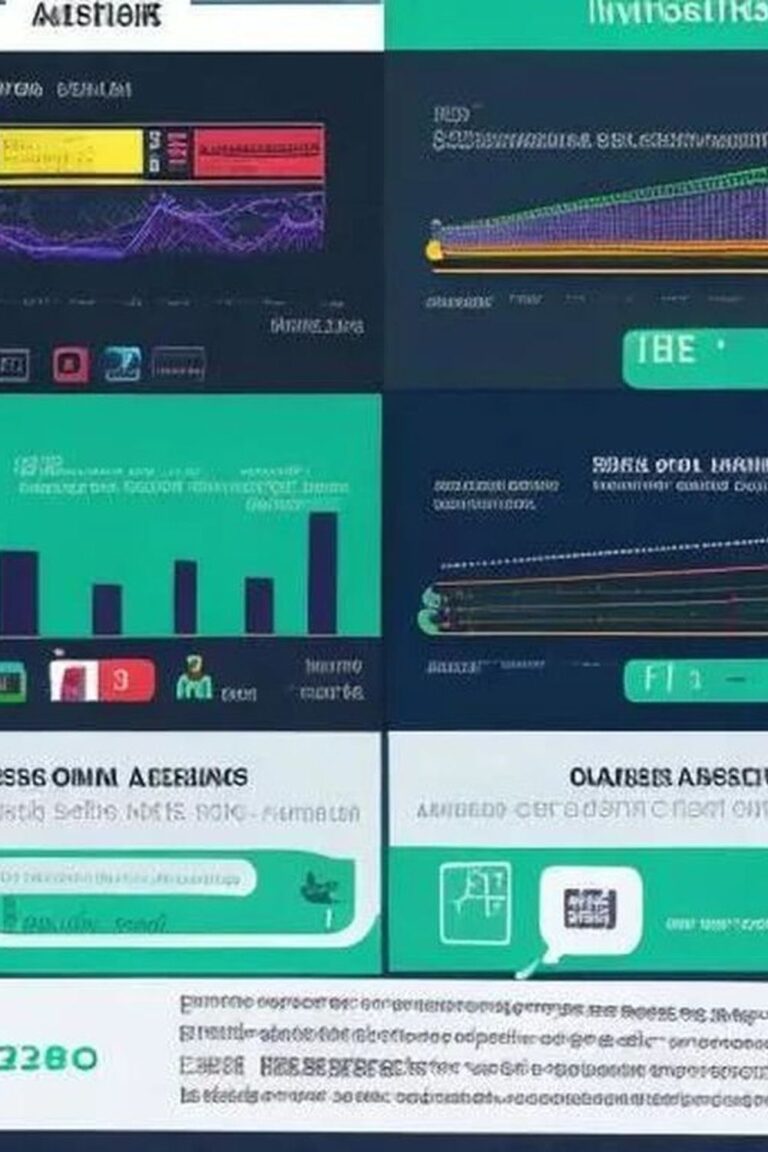Financial contingencies can arise at any time, and you have to be prepared to deal with them if you really want to maintain solid financial health. Establishing a financial cushion for emergencies is one of the fundamental practices, since it gives you a certain peace of mind and security in the face of unexpected setbacks.
This emergency fund, which you should have, and if you don’t have it, you should create it as soon as possible, should be enough to cover at least three to six months of basic expenses, including food, housing, utilities, medical expenses, gasoline and the like. Although probably, if the unforeseen event arises, you will spend it to take care of that eventuality, so that cushion should be comfortable and comfortable enough.
To prepare for financial contingencies, it is important to have a detailed budget that allows you to identify how much you need to save for your emergency fund. Automating your savings and dedicating a portion of your income each month to this fund can help you quickly accumulate the necessary resources. Remember that this fund should be readily available in a liquid savings account and should not be used for discretionary spending or be tied up in investments that you cannot immediately recoup.
Always prepare for financial contingencies if you want to maintain financial stability and avoid falling into debt in times of crisis. By establishing and maintaining an adequate emergency fund, you will be better equipped to deal with setbacks and stay on your path to financial freedom without surprises or interruptions.










